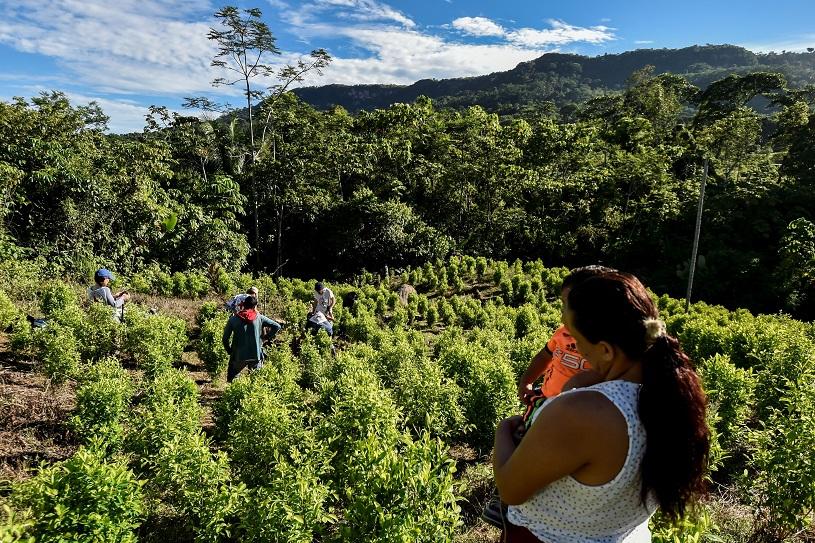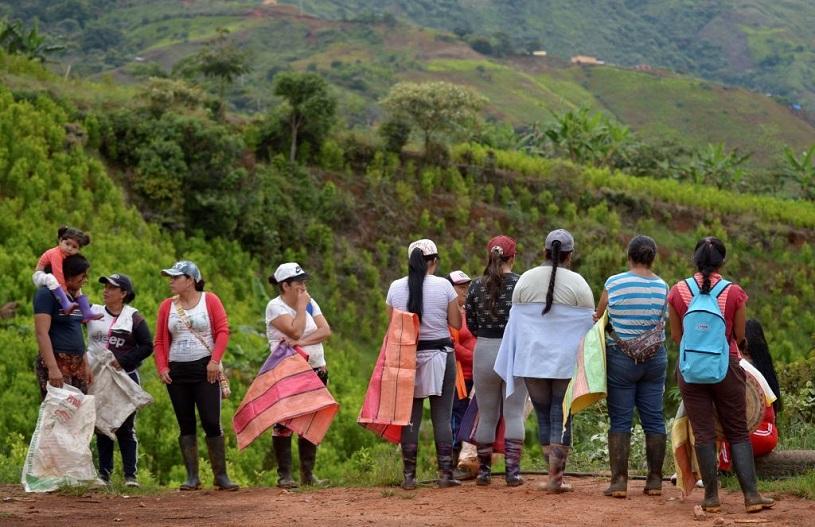Illicit drug economies exploit people and the environment, preventing development in the affected regions. Repressive policy responses such as ‘the war on drugs’ have done little to help, and have been causing high social, economic and environmental costs for decades.
The project works at international level to stem the causes of drug economies and the damage they inflict, using holistic approaches to protect people, health and the environment. Only with transformative drug policies can people free themselves from dependence and improve their living conditions in the long term.
Objectiv:
Transformative approaches to drug policy are further developed globally and in selected partner countries.
Approach:
The project cooperates with a global network of political and civil society partners. It also works with ministries in Colombia, Albania, Brazil, the Netherlands, Peru, Switzerland and Thailand.
The project has three priority areas:
- It shapes the international drug policy dialogue at the United Nations, particularly in the United Nations Commission on Narcotic Drugs (CND), and establishes the approaches of the German Government and the European Union as guidelines for drug policy focused on gender sensitivity, development, human rights and health.
- It promotes capacity building in respect of drug policy approaches focused on gender sensitivity, development, human rights and health in partner countries and facilitates dialogue on what has been effective.
- It makes modern drug policy approaches more visible at international level through digital spaces.

